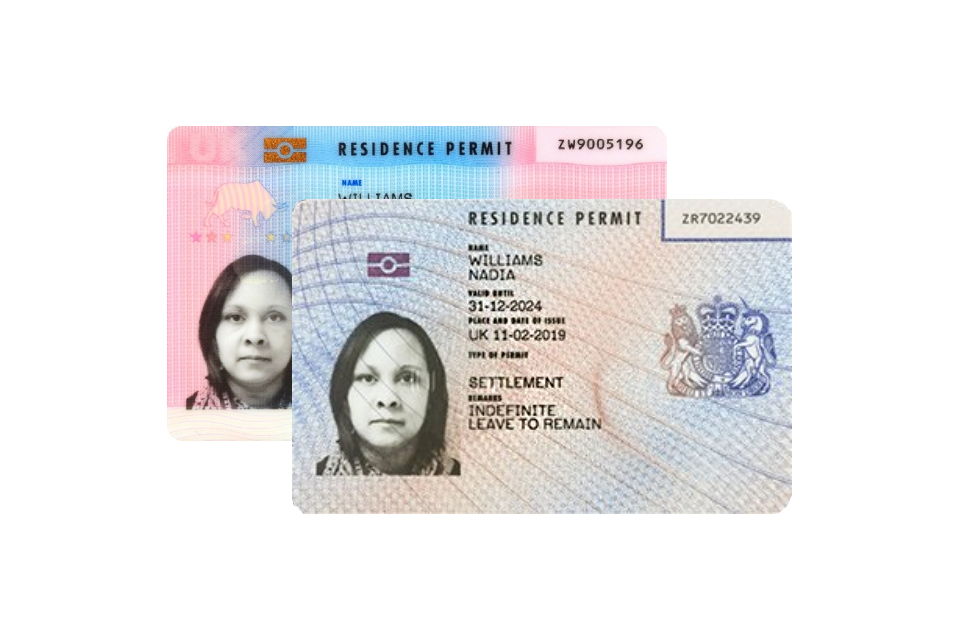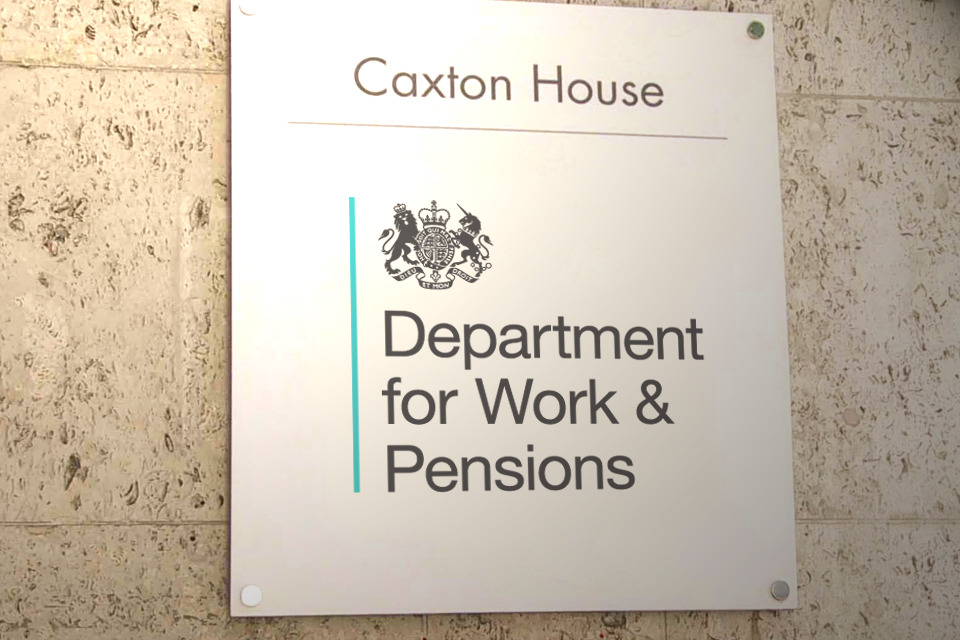Agreement will also see US agencies permitted to requisition data from UK telcos
Credit: Isabel Infantes/EMPICS Entertainment
The government has signed an agreement allowing UK law-enforcement agencies to demand data from US technology companies – with reciprocal access offered to US authorities.
Currently, the police and other agencies must submit requests to obtain data held by US firms to the federal government, under a process known as mutual legal assistance. The government claimed that this involves a wait of between six months and two years before information can be accessed.
The newly signed UK-US Bilateral Data Access Agreement permits UK authorities to demand data direct from the companies themselves – providing they have the relevant authorisation under UK law. Requests will also “be subject to independent oversight or review by a court, judge, magistrate or other independent authority”.
But the process will still be significantly quicker than the current system. Access to data can now potentially be granted in “a matter of weeks, or even days”, the government said.
Related content
- Government badly needs a new message on encryption
- MPs slam Facebook as report calls for ‘radical shift in balance of power’
- Five Eyes cyber summit – five things we learned
The reciprocal agreement will also US allow law enforcement agencies to use US court orders to request data from “UK communications providers” – without the need for approval from authorities in this country.
The government said: “The UK has obtained assurances which are in line with the government’s continued opposition to the death penalty in all circumstances.”
Home secretary Priti Patel (pictured above), who signed the agreement alongside US attorney general William Barr, added: “Terrorists and paedophiles continue to exploit the internet to spread their messages of hate, plan attacks on our citizens and target the most vulnerable. As home secretary, I am determined to do everything in my power to stop them. This historic agreement will dramatically speed up investigations, allowing our law enforcement agencies to protect the public.”
The government said that the data-access arrangement “does not change anything about the way companies can use encryption and does not stop companies from encrypting data”.
But Patel and Barr – along with US homeland security secretary Kevin McLeenan and Australian home affairs minister Peter Dutton – concurrently published an open letter to Facebook chief executive Mark Zuckerberg asking that he pause the company’s plans to roll out end-to-end encryption across all its products.
The letter said: “We are writing to request that Facebook does not proceed with its plan to implement end-to-end encryption across its messaging services without ensuring that there is no reduction to user safety and without including a means for lawful access to the content of communications to protect our citizens.”
It added: “Security enhancements to the virtual world should not make us more vulnerable in the physical world. We must find a way to balance the need to secure data with public safety and the need for law enforcement to access the information they need to safeguard the public, investigate crimes, and prevent future criminal activity. Not doing so hinders our law enforcement agencies’ ability to stop criminals and abusers in their tracks.”
The signatories said that they were “committed to working with [Facebook] on reasonable proposals” that balanced protecting users from harm while also protecting their privacy.
“Our technical experts are confident that we can do so while defending cybersecurity and supporting technological innovation,” they said.
The letter follows a demand made in July by ministers representing the Five Eyes intelligence alliance – which includes the US, UK, Australia, Canada, and New Zealand – that Facebook and other tech firms include so-called backdoors in their products permitting government to access encrypted data in pursuit of law enforcement.
Patel is not the first high-profile politician to speak out against encryption; one of her predecessors in the Home Office, Amber Rudd, criticised the technology and said she wished to “combat” the assistance she claimed it gave to criminals.



